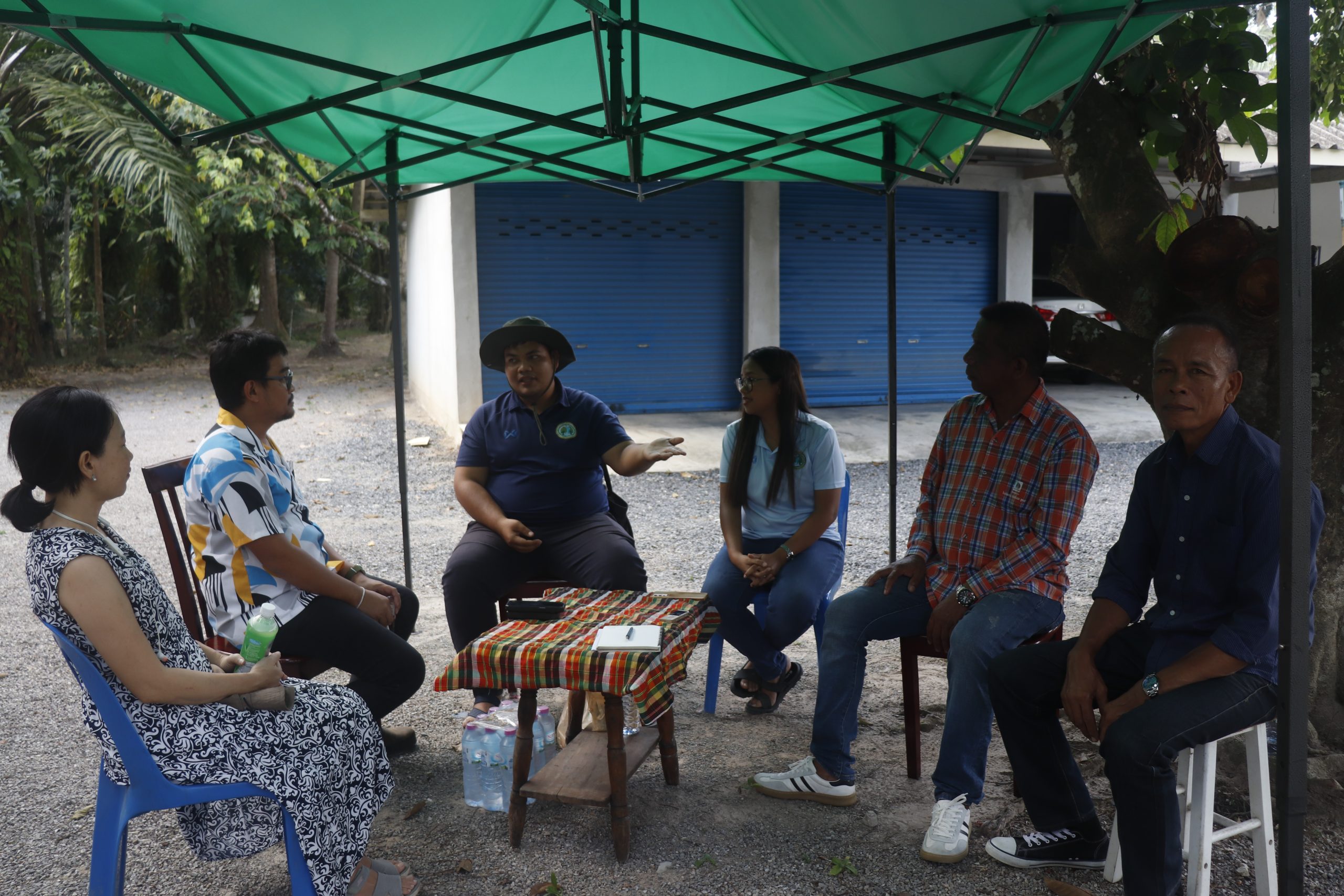
About the group
Number of smallholders: 88 (58 Men, 30 Women)
Total Land Area: 368 Ha
Status: Certified
Group location: No. 10, Moo 1, Khaotor Sub-district, Plaipraya, Krabi, 81160 Thailand
Country: Thailand
On-going Facilitator:
SUSTAINABILITY JOURNEY STORY
Khaotor Oil Palm Grower Community Enterprise
A group of independent farmers cultivating premium oil palm in accordance with RSPO standards.
“We are an independent group, formed by smallholder oil palm farmers coming together of our own accord, without backing from any mill.”
——————————————
—Parichat Arisa Siangtaen, the group manager, discusses the distinctive identity of the Khaotor Oil Palm Community Enterprise.
Some independent smallholder groups that achieve RSPO certification are established and supported by palm oil mills—commonly referred to simply as “mills”—in their pursuit of producing premium-quality, RSPO-certified palm oil fruit for the extraction facilities of these mills.
However, the Khaotor Oil Palm Community Enterprise operates under a different model. “Our group has no obligations with any mill.”
explains Chatree Sutsri, the current group president, as he recounts the group’s origins. Initially, officers from the Department of Agricultural Extension (DoAE) in Plai Phraya District, Krabi Province, facilitated the establishment of a large-scale farming group in Khao Tor Subdistrict, with the subdistrict heads and village chiefs appointed as committee members. As the village chief of Village 1, Chatree was involved from the very outset.
Later, the group received invaluable support from GIZ, which provided funding for group activities, organised training sessions, facilitated study visits, and covered staff remuneration, enabling the group to make significant progress.
Ultimately, the group secured RSPO certification on 16 November 2023. Currently, the enterprise has 88 certified members (58 men and 30 women), who collectively cultivate oil palm across 368 hectares of land.
“Without external funding, we couldn’t survive. We secured a two-year grant from an international private organisation, but that project has now ended. Currently, we rely on income from the sale of RSPO credits. To sustain ourselves, we must increase our membership to expand both our land area and output,” Parichat explains.
What inspires new farmers to join the group?
“Our reputation. Word of mouth. People know that the group is sustainable, never abandons farmers, and consistently engages in meaningful activities. We’re always working,” says Parichat.
Meanwhile, Chatree notes that members gain valuable knowledge about plantation management—something he himself lacked in the past. By collaborating as a community, members now share their insights and learn from one another.
Teerayut Phengkij, an agricultural consultant for the enterprise, highlights the difference that membership has made:
“There’s a clear distinction between neighbouring farmers who are members and those who aren’t—even if their plots are side-by-side. Members have improved their plantation practices thanks to training sessions held three to four times a year on topics they request. Agricultural experts provide guidance on fertiliser use, palm varieties, the drawbacks of burning, chemical usage, and record-keeping. In the past, farmers relied on memory; now, they document everything. This helps them visualise and refine their farming techniques.”
Joining the Khaotor Oil Palm Community Enterprise requires a commitment to adhering to RSPO standards.
“Those wishing to join must fulfil four conditions,” says Parichat, who has repeated the criteria so often that everyone knows them by heart:
- Proper plantation management.
- No open fire—except for diseased trees, and only with prior notification.
- Do not use illegal chemicals and never apply chemicals near watercourses to prevent contamination.
- Participation in group activities, which includes attending three to four meetings each year.
“There are also additional principles,” adds Chatree, “such as no child labour, no disturbance to wildlife, no land disputes, and sustaining the plantation in an environmentally responsible way.”
These commitments generate returns, both financial and educational.
“By simply keeping a plantation journal and caring for your land, members receive annual dividends. But more importantly, they gain knowledge first. Some farmers join simply to improve their own farms. Joining together facilitates training sessions, allows us to invite speakers, and creates opportunities for collaboration,” explains Teerayut, in his advisory role.
Parichat elaborates: “Some farmers have told us they aren’t particularly concerned about the dividends—they’re not interested in the money. What matters to them is the knowledge they gain to improve their farms.”
Even though the group remains independent, plans for future collaborations are in progress. One such initiative involves forming partnerships with palm oil mills to provide members with higher incomes by selling RSPO-certified fruit at premium prices.
“The option we’re exploring is partnering with a mill. This would provide a premium price, increasing members’ income. Discussions are underway. If members agree, we’ll sign a Memorandum of Understanding with Smothong Group PCL (mill), which has two collection points in our subdistrict. This would also simplify data collection since the mill would handle record-keeping,” explains Chatree.
This approach would entail selling fruit to specified collection points at an agreed-upon additional price.
“But for those still contractually tied to other collection yards, we won’t force them. In such cases, we will instead calculate the volume of their produce and sell it as RSPO credits,” Chatree adds.
RSPO credit sales function in a manner akin to carbon credits, relying on documented, certified production that is sold into a specialised market.
Under RSPO system, farmers must choose between two options: either collect a premium price at the point of sale or receive annual credit payments.
Despite the challenges of remaining independent, the Khaotor Oil Palm Community Enterprise continues to persevere.
When asked about the type of support that members most require, their response is unanimous: funding for operational costs. Their expenses—totalling over a million baht per year—include employing external auditors to perform annual RSPO compliance checks, which alone are estimated to cost around 400,000 baht per annum.
“Can’t the audit fee be reduced just a little?”
This heartfelt plea comes from smallholder farmers who work tirelessly to produce sustainable, high-quality palm oil. Is there anyone who can step forward and help turn their wish into a reality?
Project Impact
Total area covered by the project
368 Ha
Number of smallholders benefitting from this project
88 Smallholders
Number/percentage of women supported by this project
34.09% women in this project
How you can support
Although the Khaotor Oil Palm Grower Community Enterprise has consistently upheld RSPO standards, the real challenge is no longer their commitment; it is the substantial burden of external certification costs, which can soar to 400,000 baht annually.
For smallholder farmers, these costs create a burden too heavy to bear alone, and they risk becoming an insurmountable barrier to sustainable farming.
Support, whether in the form of funding or reduced certification fees, extends far beyond mere financial assistance. It is a crucial step to ensure that Thai farmers can compete in a global market that increasingly prioritises sustainability.
This is an opportunity for visionary partners to help cultivate sustainable food systems from the ground up, with real farming communities at the core.
GROUP CONTACT
Representative Contact
Ms. Parichat Arisa Seangtan | Group Manager | [email protected] |
Mr.Chatree Sutsri
Chairman
(+66) 90 484 7927
[email protected]
IMAGE GALLERY

Khaotor Oil Palm Grower Community Enterprise
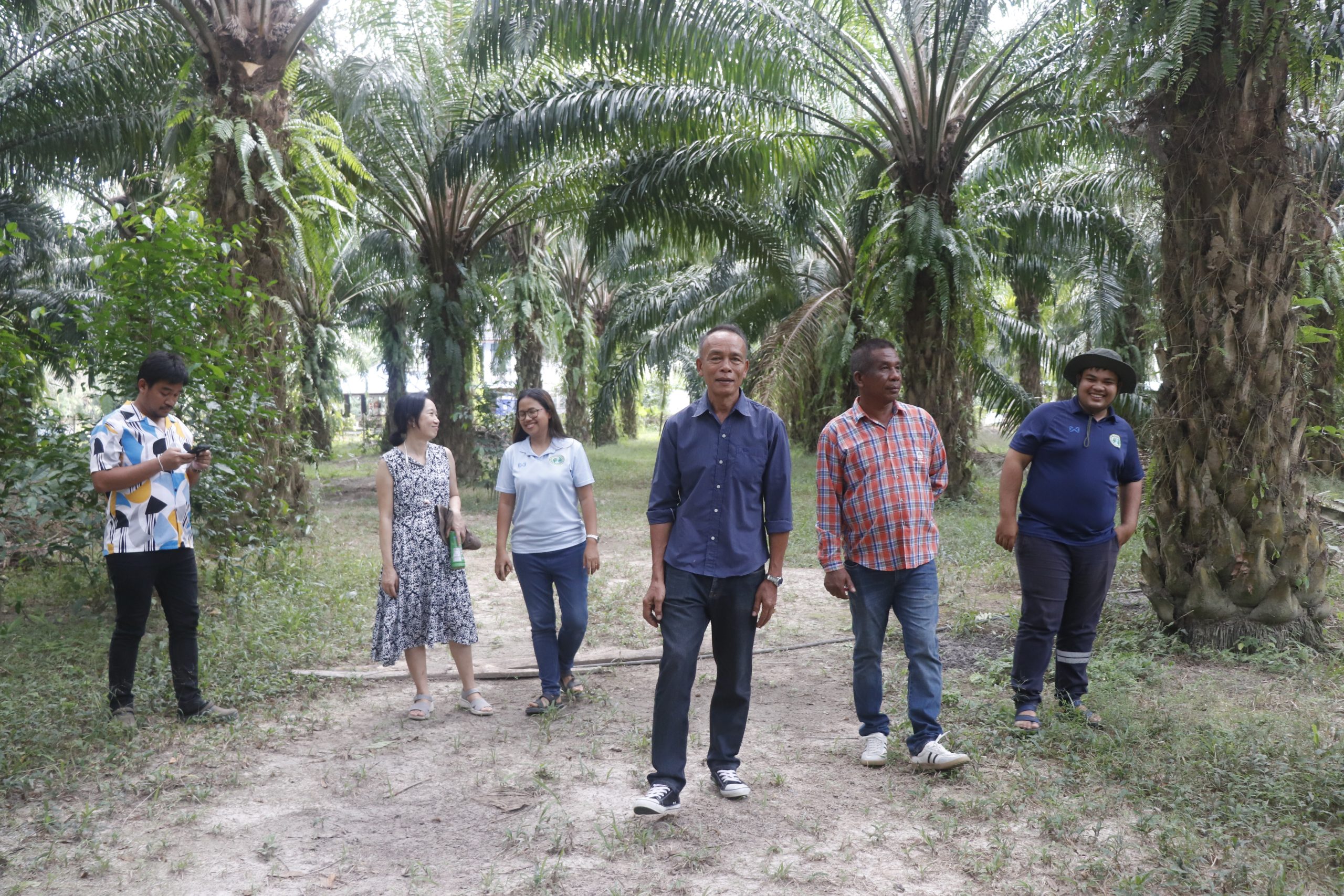
Khaotor Oil Palm Grower Community Enterprise
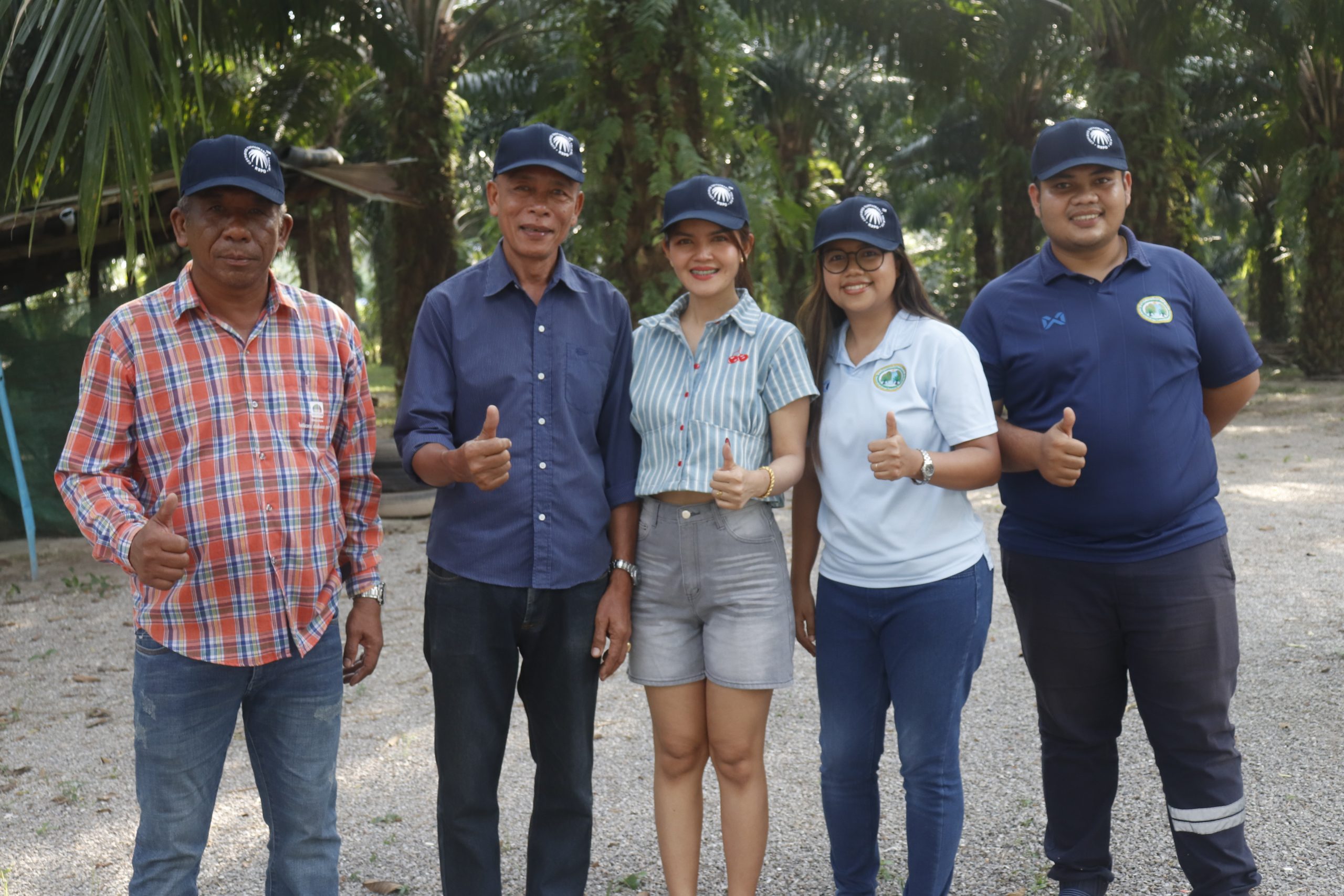
Khaotor Oil Palm Grower Community Enterprise
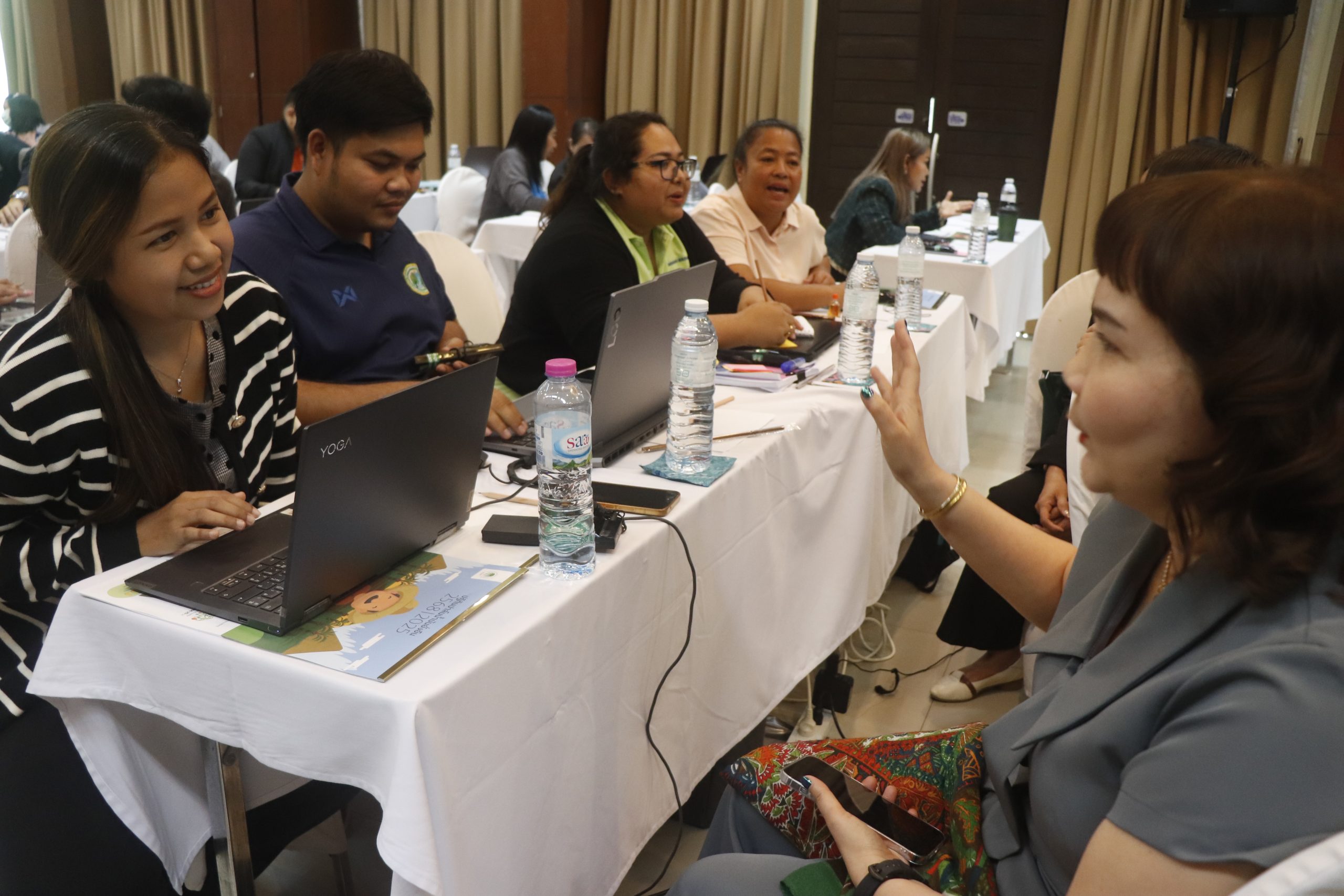
Khaotor Oil Palm Grower Community Enterprise
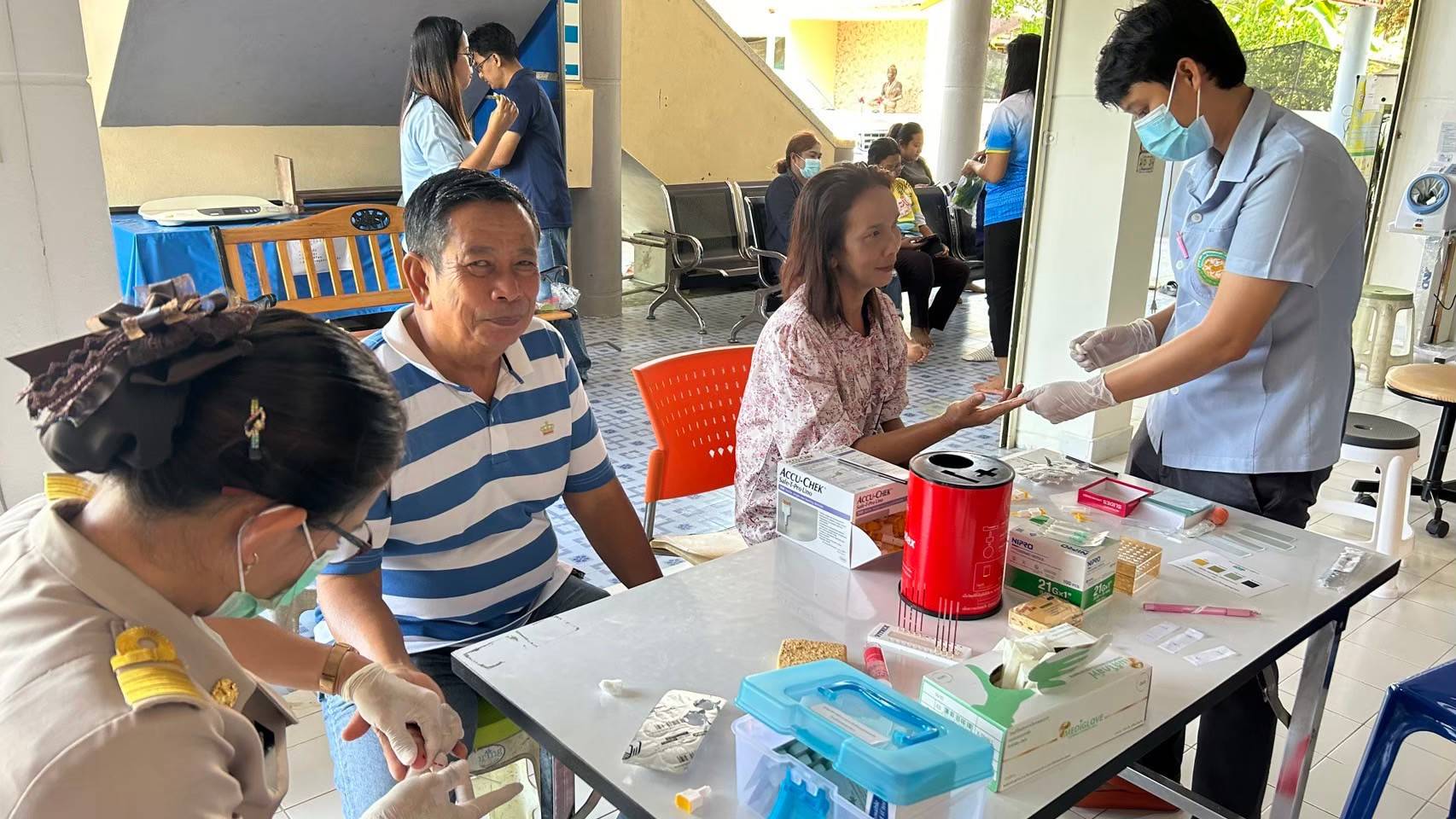
Khaotor Oil Palm Grower Community Enterprise
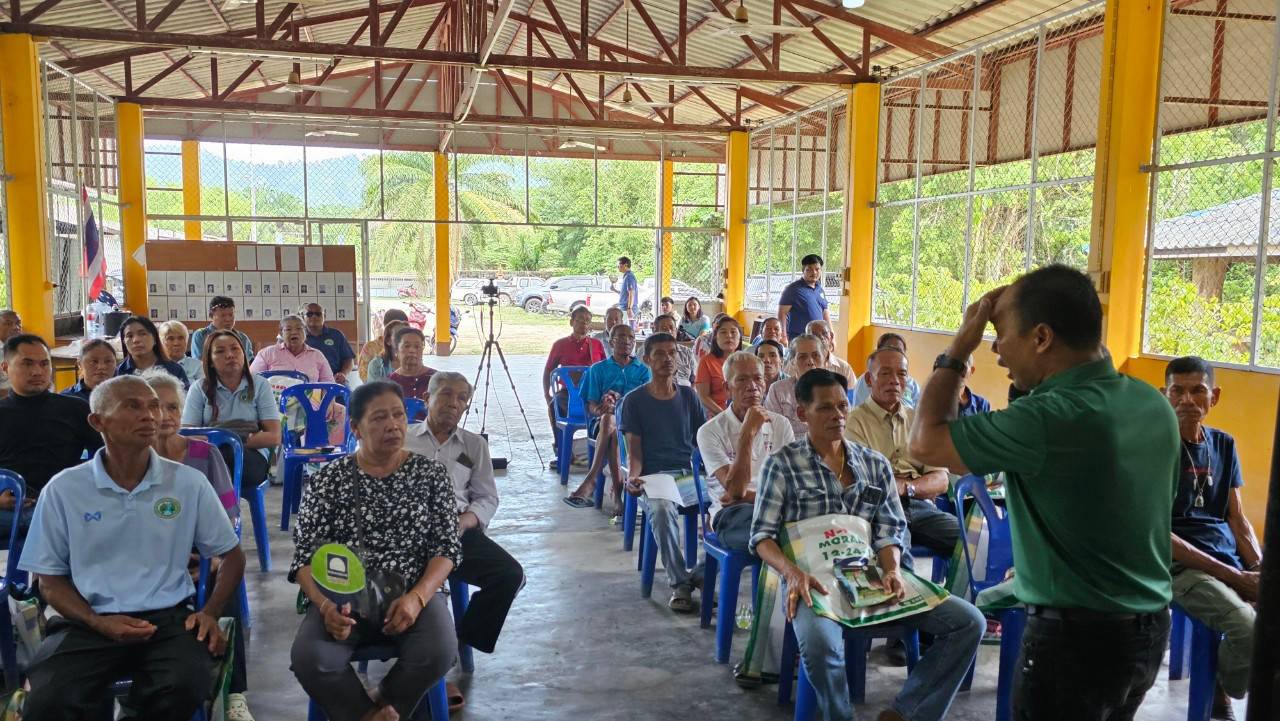
Khaotor Oil Palm Grower Community Enterprise
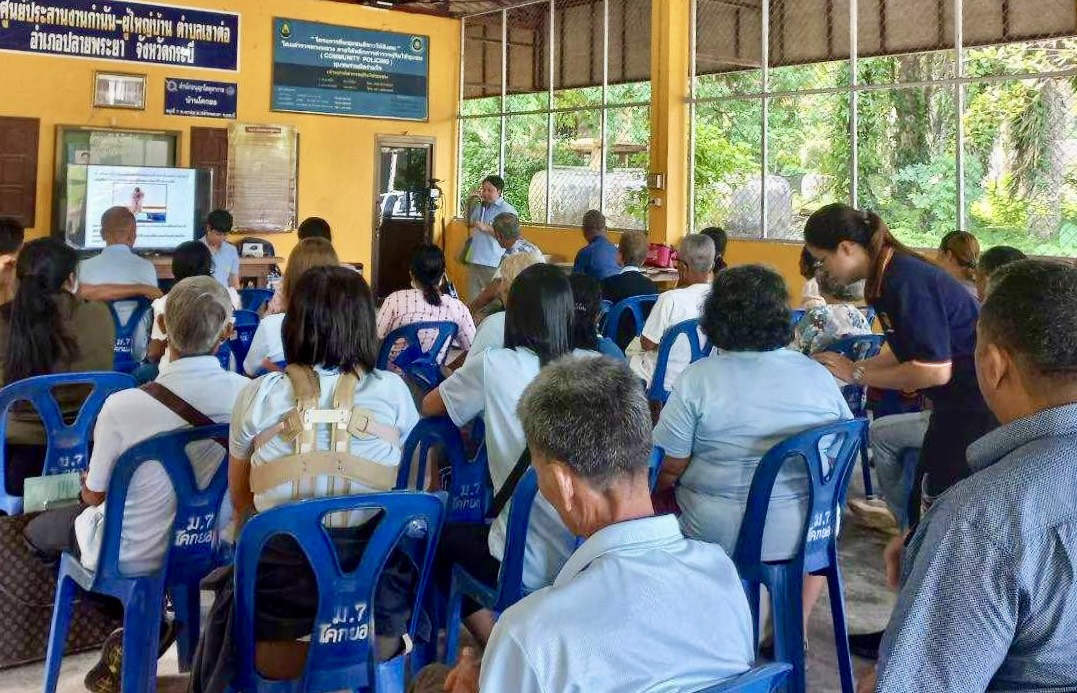
Khaotor Oil Palm Grower Community Enterprise
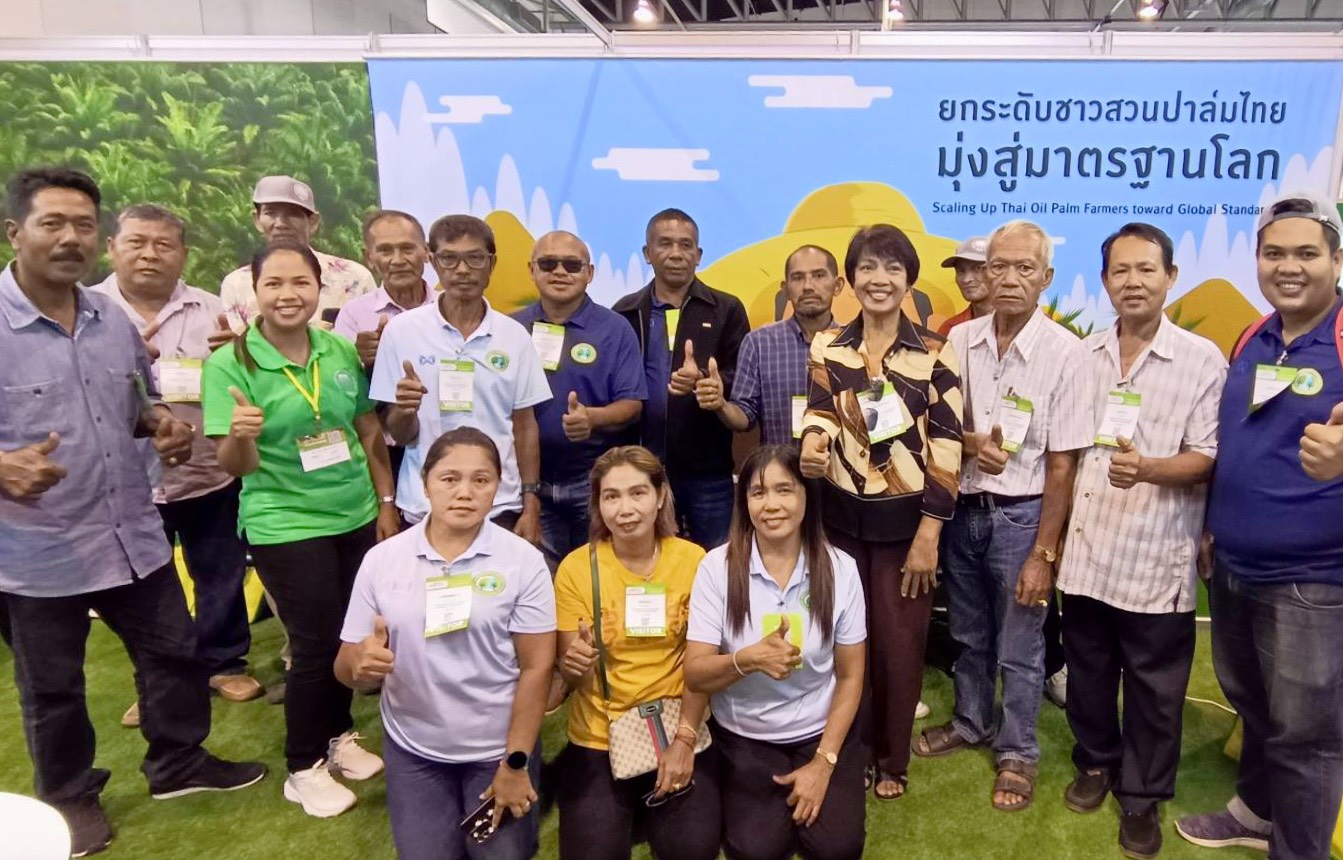
Khaotor Oil Palm Grower Community Enterprise




